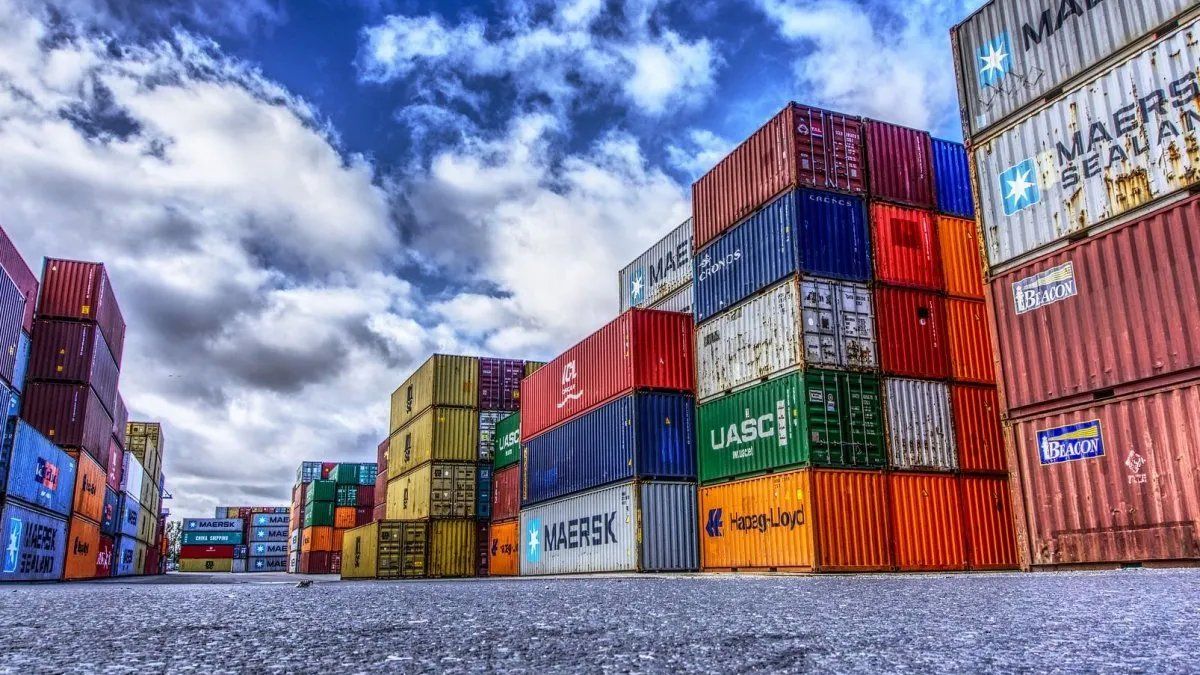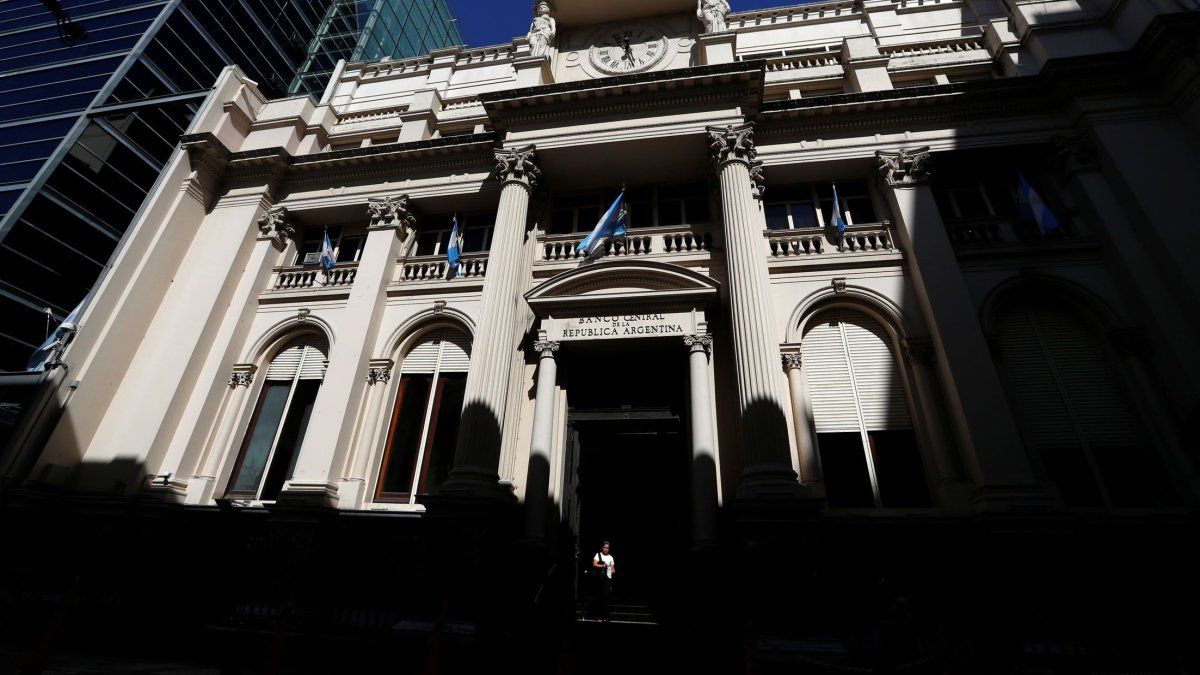Castellano specified that “With the current system, if a company has 10 shipping permits and registers 8 with compliance, the AFIP delays the VAT refund of the two that have non-compliance, but from July all permits will be reviewed. and with this the payment of everything will be delayed”.
This is Resolution 5173 of March 23 last. The regulation states that the SIR “in addition to guaranteeing an agile, paperless and simplified administration in terms of loading information, allows real-time interaction with the Agency’s databases, increasing and optimizing control processes.”
The lawyer argued that “There is bureaucratic stress in companies that they have to add more and more personnel to their administrative plants to attend to these issues.” The measure is supposed to encourage exporters to settle their sales dollars more quickly, but Castellano pointed out that AFIP’s intervention in the foreign trade process is explained by the fact that “The Central Bank does not have the capacity to control the movement of the currencies of the companies”.
Tax collection data from the AFIP show that In the first four months of the year, VAT refunds grew by a nominal 65% year-on-year to $25,906.4 million, taking into account that it is a low basis for comparison. In the first quarter of 2021, the economy still showed no signs of accelerating.
In this regard, the owner of the Center for Foreign Trade Studies of the 21st Century, Miguel Poncebelieved that the current delay in tax refunds “are the ones that always existed”, although he indicated that “There is concern” among companies regarding the implications of the new regime.
Ponce said that as the year progresses, measures from the AFIP or the Central Bank may appear. that try to delay import payments, or as in this case, hasten the liquidation of dollars. “According to the agreement with the IMF, between May and June they have to raise US$2.5 billion and so far they have bought US$600 million,” he opined. On the other hand, he added that “The banks that operate in foreign trade are very jealous of the controls.”
While, On the import side, Carrera considered that the measures that the government is adopting are intended to “buy time.” controlling the sale of dollars. The last measure of the BCRA that authorizes a cap of US$250,000 of free access and obliges companies to agree on commercial terms with their suppliers of 180 days from the date of shipment “forcibly extended the terms”. The adviser indicated that the decision “it surprised the companies”.
Castellaño also questioned the application by AFIP of the indicator of Financial Economic Capacity (CEF) that last February generated complaints from companies that could not access the exchange market. The lawyer stated that “These are trade-distorting measures.”
Source: Ambito
David William is a talented author who has made a name for himself in the world of writing. He is a professional author who writes on a wide range of topics, from general interest to opinion news. David is currently working as a writer at 24 hours worlds where he brings his unique perspective and in-depth research to his articles, making them both informative and engaging.




